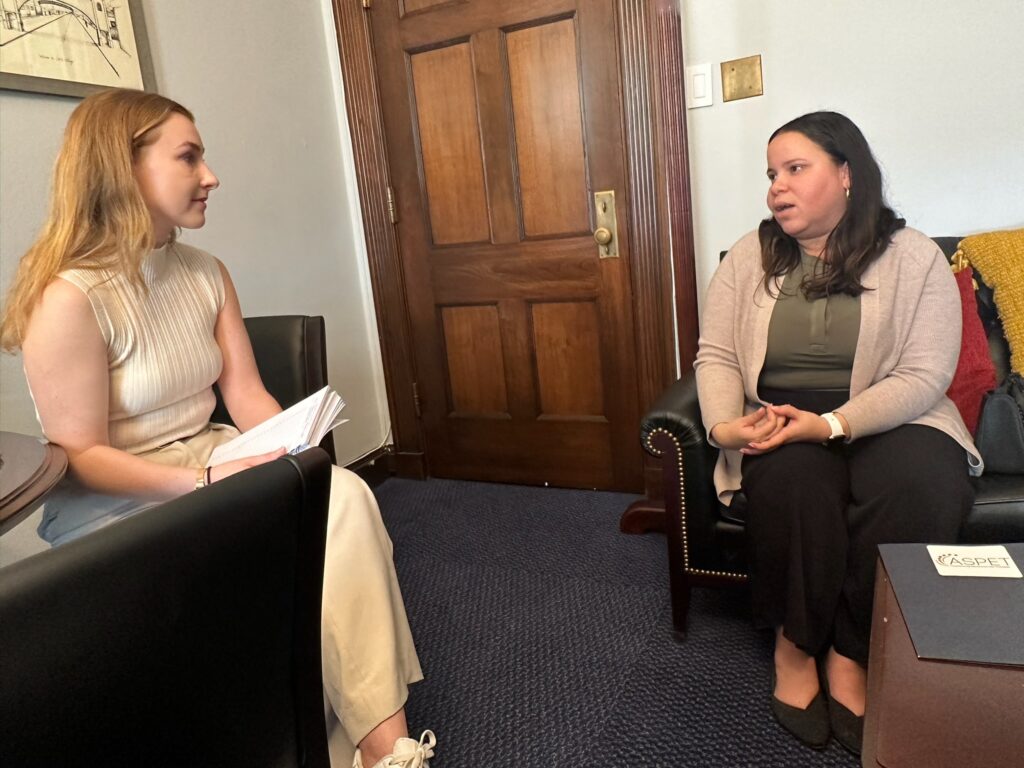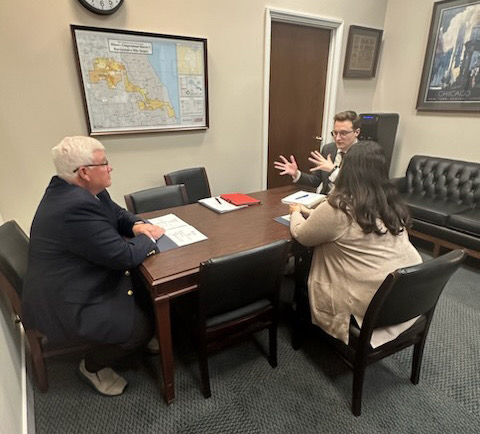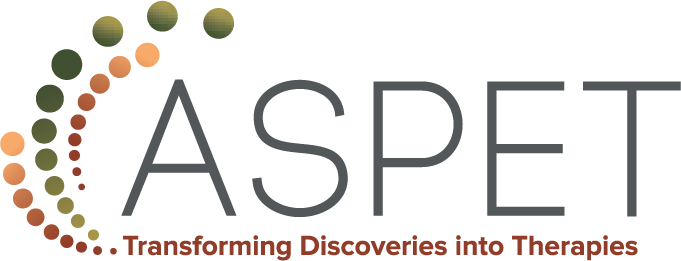Become an Advocate and Get Involved
By Catherine Davis-Takacs, PhD
Some public policy decisions can make us feel out of control. Events happening outside of our classrooms, laboratories and offices have a profound impact on our ability to conduct rigorous cutting-edge research, deliver high-quality learning experiences to our students, bring more effective treatments to patients, and continue to move scientific ideas forward. We can watch lawmakers decide on policies that will affect biomedical research for years to come or we can become involved. As scientists, and importantly citizens, we have the opportunity to shape policy in an evidenced-based way to help solve critical problems. But how? Engaging our political leaders seems to be a rather daunting task when added to our lengthy lists of laboratory and administrative duties, but it becomes our responsibility.

As distrust in science grows, we must develop skills to translate our research into easily accessible information for a lay audience. This task can be difficult and time consuming, as learning any new skill often is; but becoming an active member of a professional society like ASPET is an excellent way to engage political leaders and contribute to science policy decisions that affect how pharmacologists do their work. For example, ASPET Council members recently visited congressional offices to advocate for biomedical research funding, and registrants for ASPET’s inaugural Hill Day can participate the day before the 2024 Annual Meeting.
ASPET’s Science Policy Committee engages in many issues, including regulations for research animals, data management and open science initiatives, and drug scheduling. Further, our committee has responded to requests for information from federal agencies, working with our members to explain how changes to policies, procedures and other regulations impact the important work of pharmacologists. ASPET’s decade-old Washington Fellows program has trained young scientists to be advocates for pharmacology. Many of these alumni, including me, have continued to engage in public policy through our careers or with ASPET.
Policy issues are ever-changing, and we must empower one another to be advocates for pharmacology and overall biomedical research. Getting involved is as simple as finding an issue you are passionate about and sharing your expertise with lawmakers. This can be done through ASPET’s activities, but you don’t need to wait for ASPET to lead the way. You can use your expertise by responding to requests for information from federal agencies, contacting your lawmakers and engaging your community members in constructive dialogue through science cafes or other outreach events.
Now and in the near future, pharmacologists will be needed to explore changes in the medical use and decriminalization of psychedelic drugs and collaborate with federal agencies to understand the possible medical uses and potential harm of novel compounds. Pharmacologists must continue to articulate the important role animals have in the development of pharmacological therapies and help to determine guidelines and best practices for the use of novel alternative technologies in pharmacological research. We will be needed to find ways to realize a more equitable research enterprise that cultivates scientific inquiry in our youngest minds, while providing a path for a diverse and skilled workforce to engage in pharmacology research. We will be needed to understand how our current methods might amplify inequality, and we will be expected to devise novel and innovative strategies to create an inclusive environment that values each individual for their unique contributions. Now is an exciting time to get involved!

Author
-

Catherine Davis-Takacs, PhD, currently serves as ASPET’s Science Policy Committee Chair. She is a Lead Lab Investigator at Uniformed Services University of the Health Sciences in Bethesda, MD. She holds a PhD in Behavior, Cognition and Neuroscience and a MA in Experimental Psychology, both from American University in Washington, D.C. She completed her postdoctoral training at Johns Hopkins University School of Medicine.
View all posts

